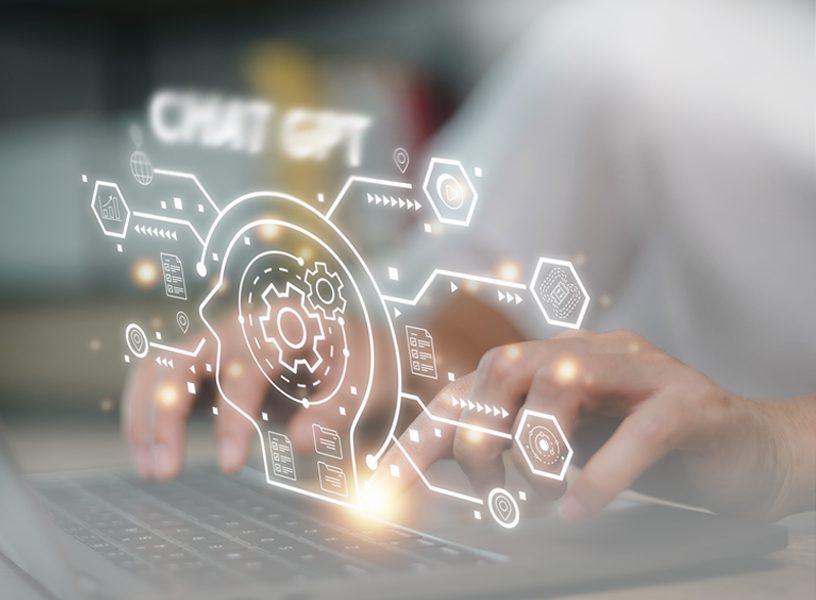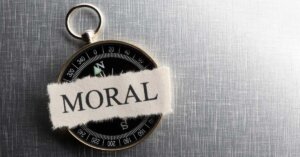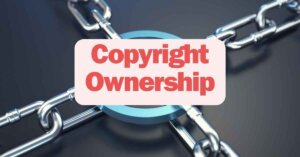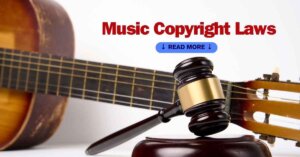ChatGPT (Chat Generative Pre-trained Transformer) is a technology developed by OpenAI as an automated chatbot system. The technology was released in November 2022 and is cognate with OpenAI’s GPT-3 grand language model, adapted for transfer learning.
The primary function of ChatGPT is to perform tasks related to natural languages, such as generating text, language understanding, dialogue systems, language translation, text summarization, and text completion.

What is the Connection between ChatGPT and Intellectual Property?
As we can see from its function, chatGPT can produce works, primarily written works such as poetry, short stories, articles, etc.
If processed into intellectual property law, works produced by chatGPT can be classified as objects of copyright protection in the form of written works and computer programs.
However, while creating the work, ChatGPT does not work automatically. There is a human role as the user who will provide specific questions to be answered by ChatGPT. So then the question arises, who will be recognized as the creator of the copyrighted work?
Legal Aspects of Intellectual Property in ChatGPT
The chatbot system in ChatGPT uses AI technology to operate. AI is not a legal subject because in the IP Law regulation, only Humans and Legal Entities can be recognized as legal subjects. However, output resulting from human use of ChatGPT can still be protected by copyright.
In this case, those who can be recognized as the creators of a work produced by AI have contributed the most. For example, in the use of chatGPT, if work in the completion process is more dominantly done by AI technology contained in chatGPT, then the recognized creator is ChatGPT’s creator. Meanwhile, suppose human contributions as AI users dominate creation. In that case, that person is recognized as the creator because the resulting work originates from his intellectual capability, not just an instant work of the results of certain intermediaries with his contribution as a human.
The Copyright Law has implicitly stipulated that works produced by AI that don’t involve human contributions do not meet the qualifications to become objects of copyright protection.
So there is a need to study the extent to which human contributions to producing a work of art. It’s necessary to show originality and personal expression of the authenticity of a creation.
Apart from copyrights, patents can also be one of the legal regimes of intellectual property rights that can protect the chatGPT algorithm and software as an invention technology.
How to avoid copyright infringement on chatGPT?
As reported by the official chatGPT website, it is said that to use the work created by chatGPT, you must obtain permission by sending a request to the official contact on the website. The request for permission will be reviewed by chatGPT, if approved, the applicant will be given a license. The license granted also allows chatGPT to charge certain rates for each copyrighted work.
The originality and personality of the creation is the most important thing in legal aspect of copyright. AI is just a tool to help human creating the creation. We at Am Badar & Am Badar believe that human intellectual property creation can’t be replaced by AI.
For quality services regarding IP, contact us at ambadar@ambadar.co.id
References:






